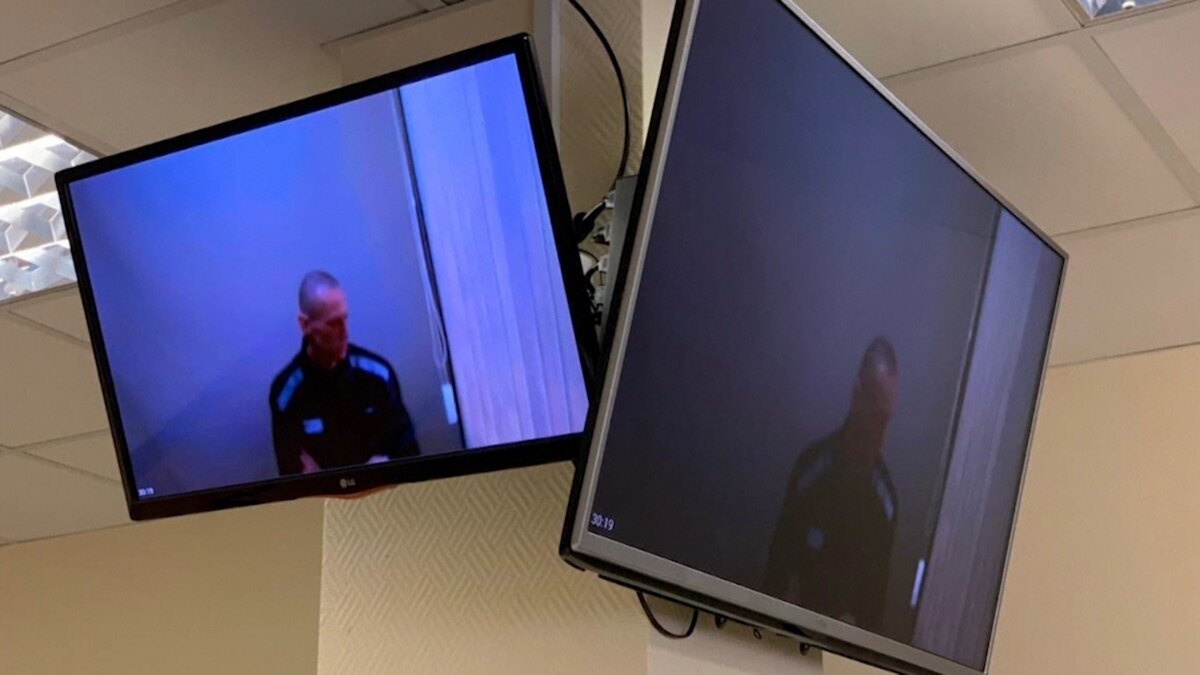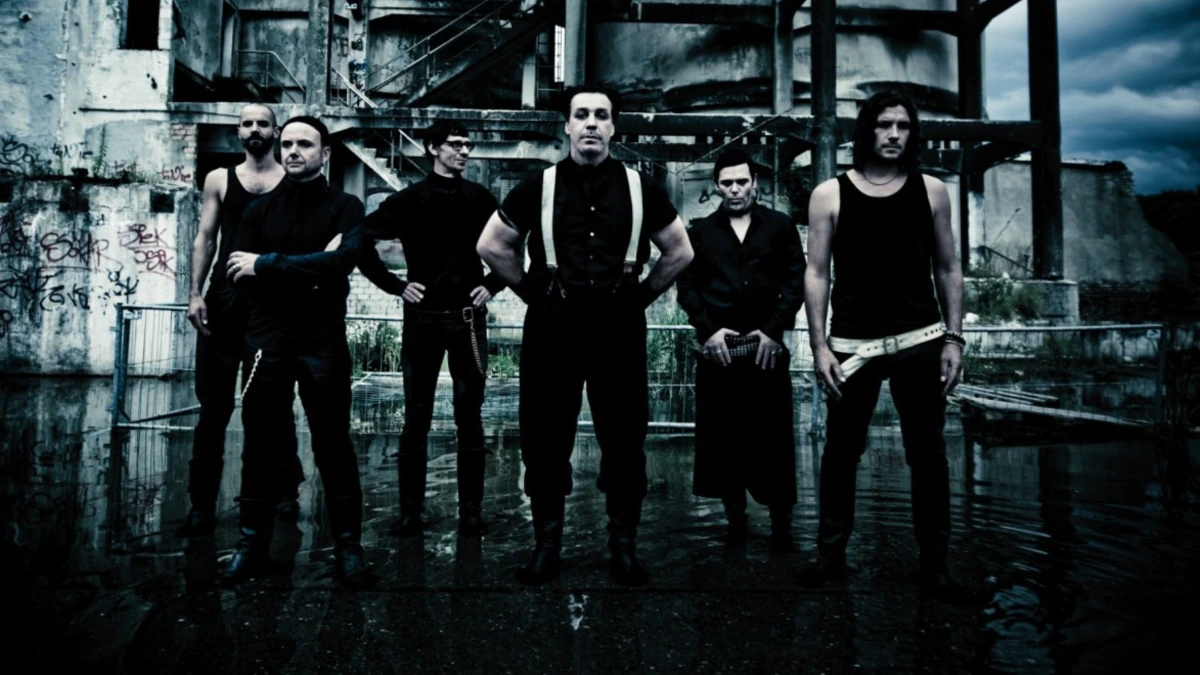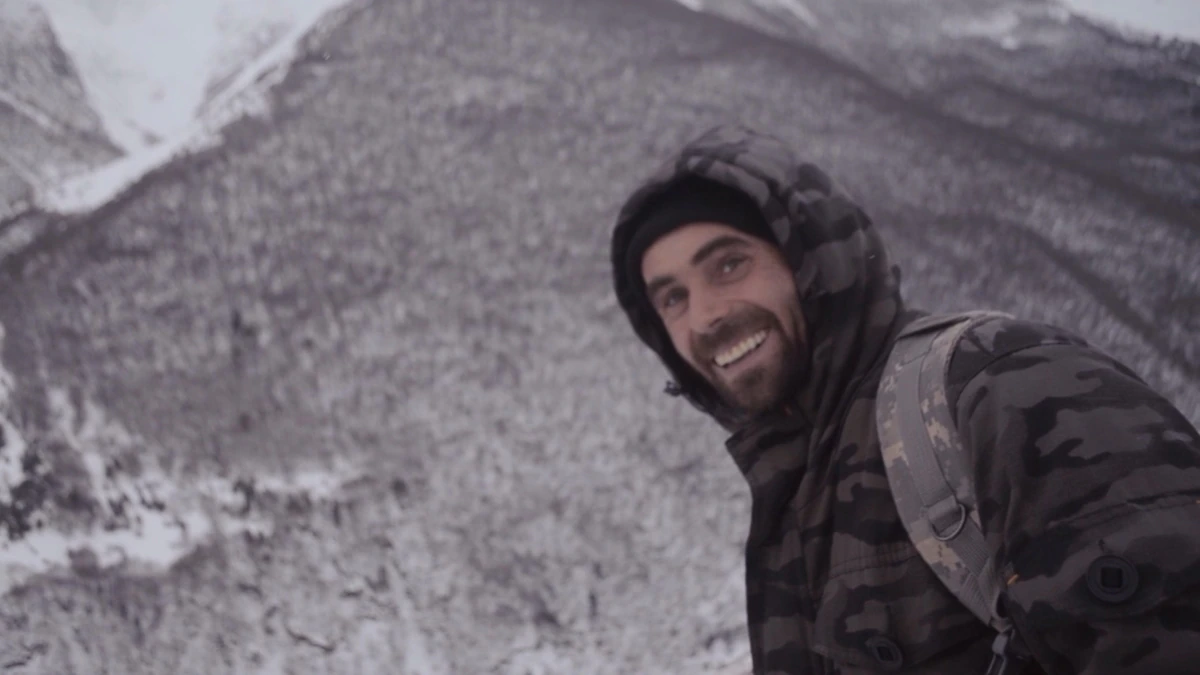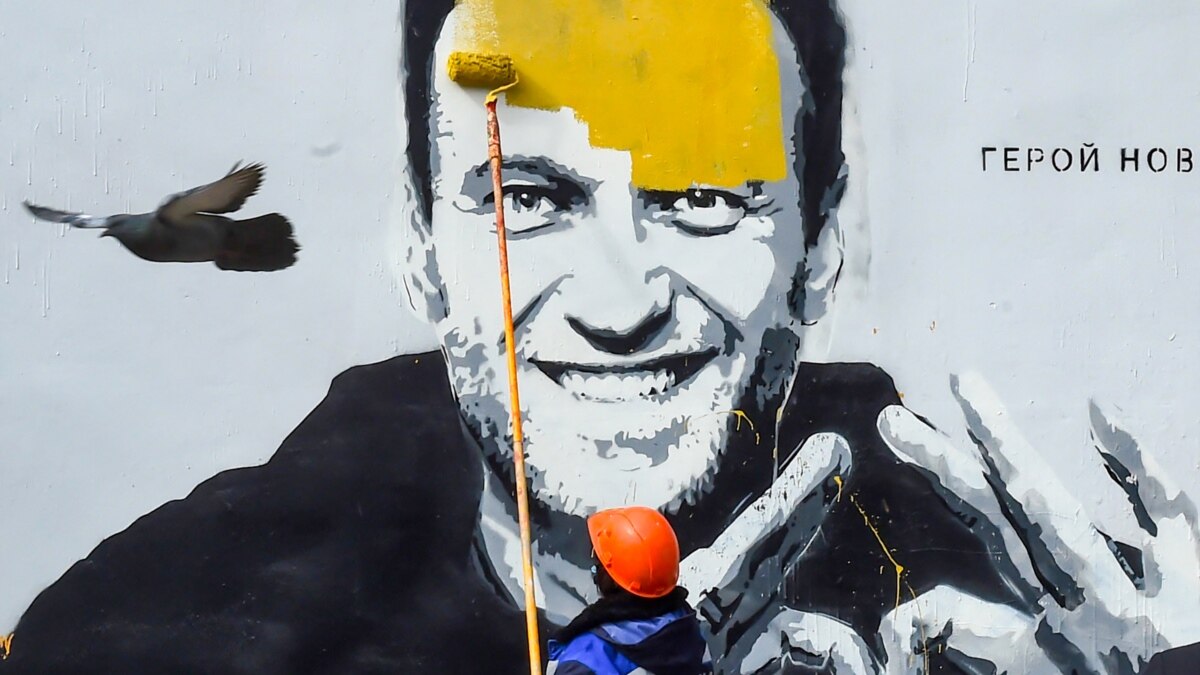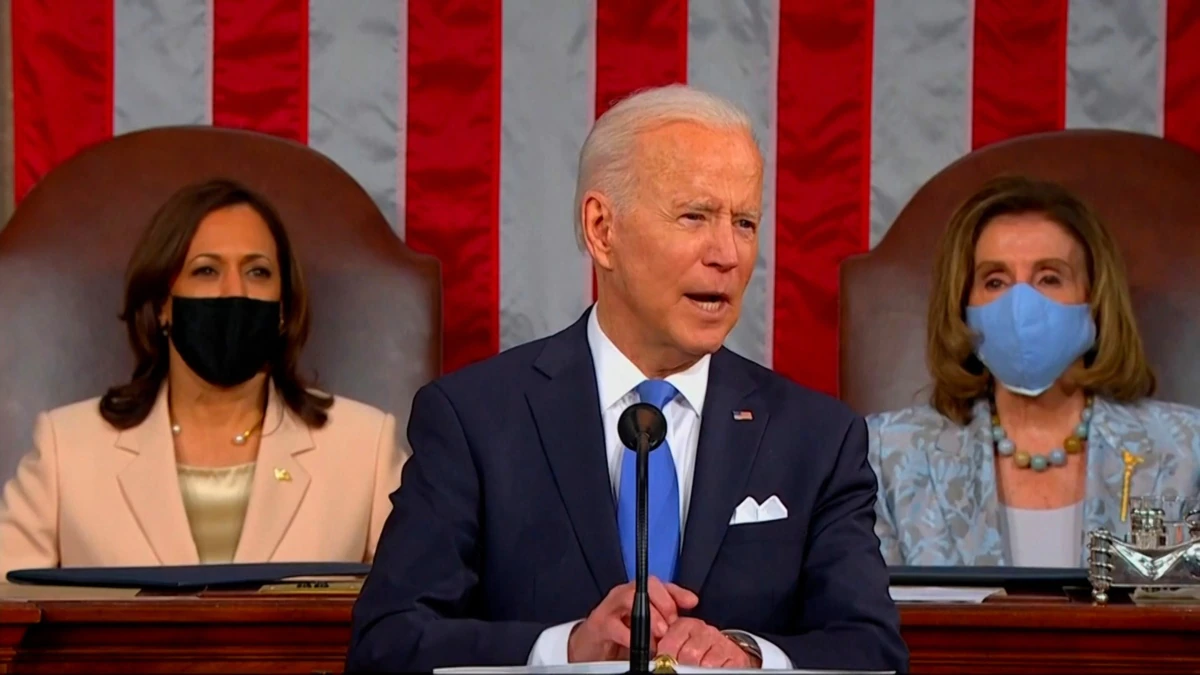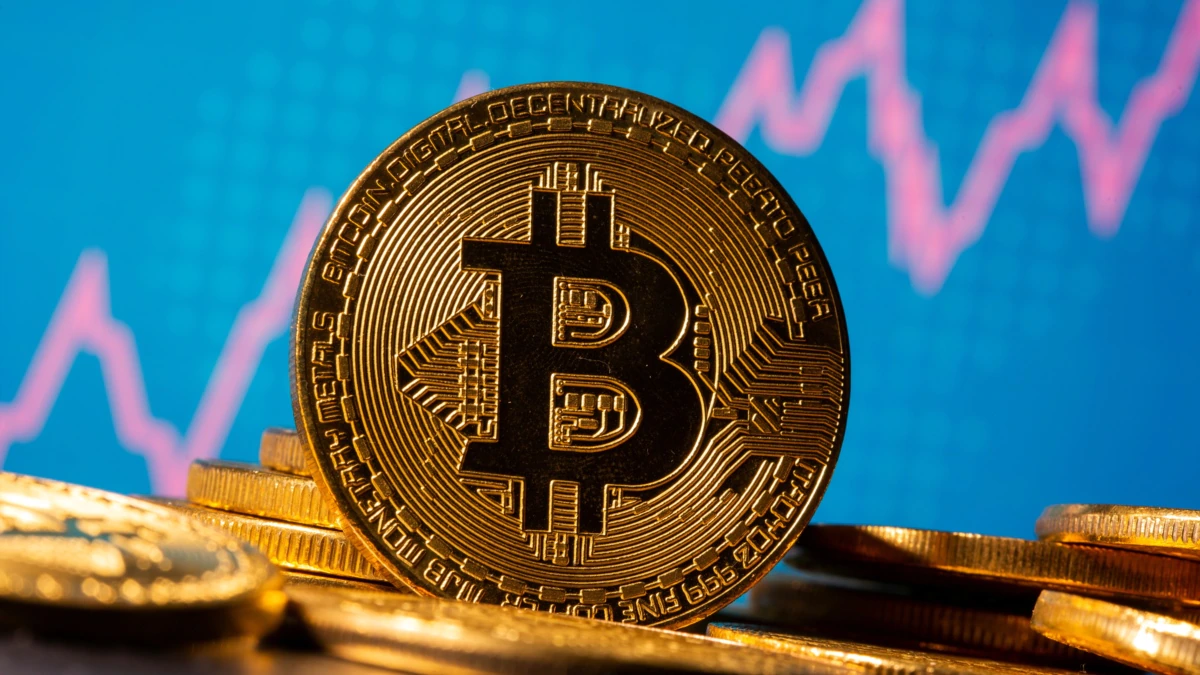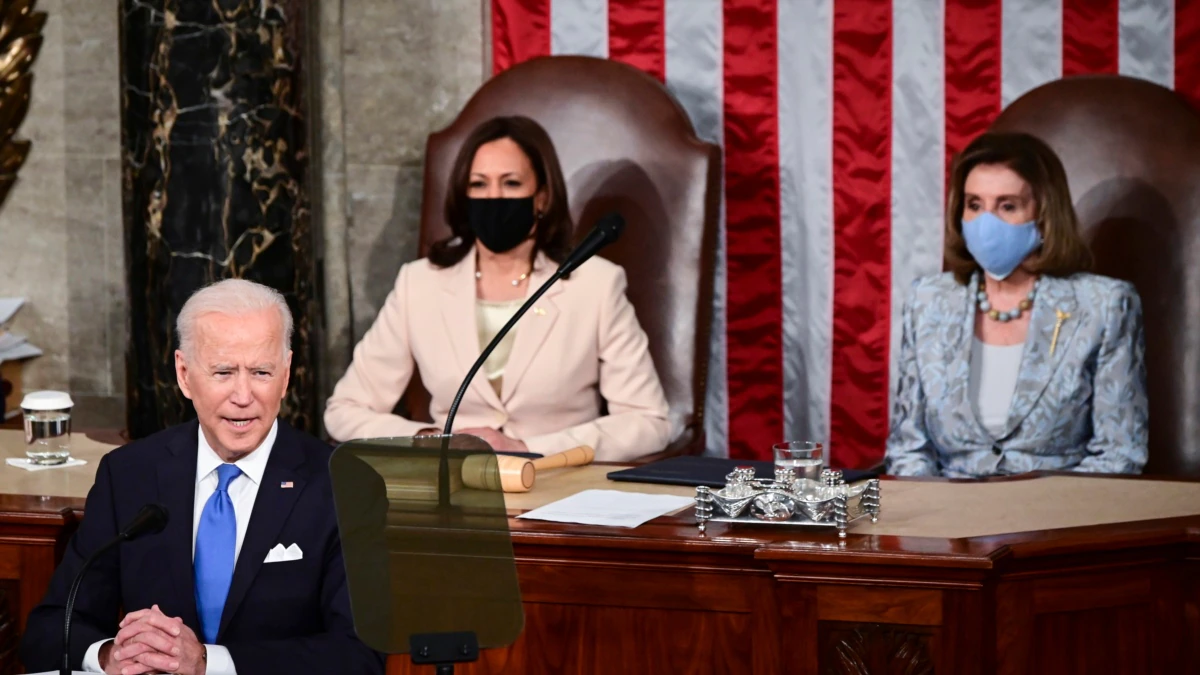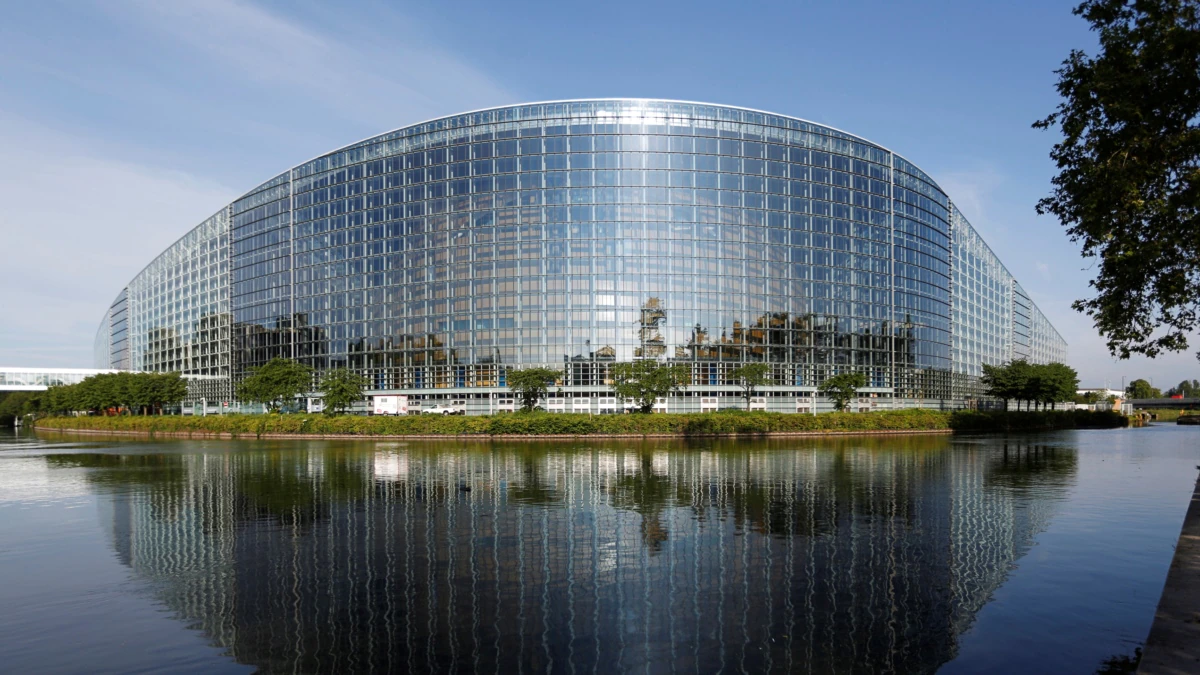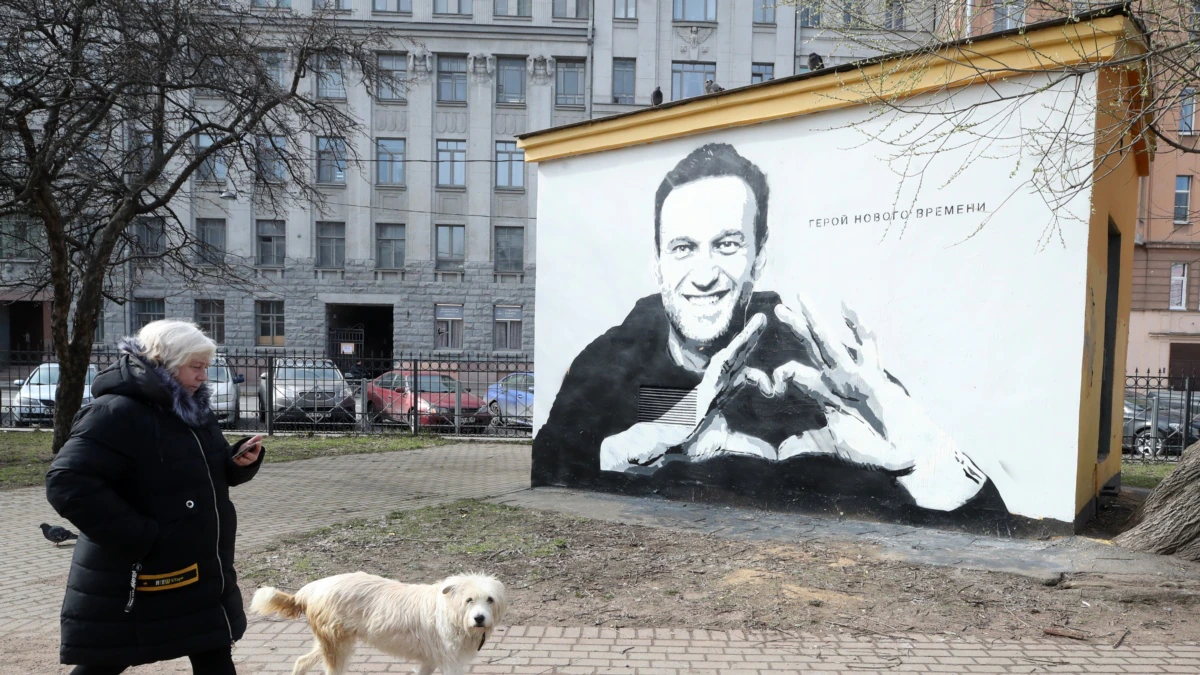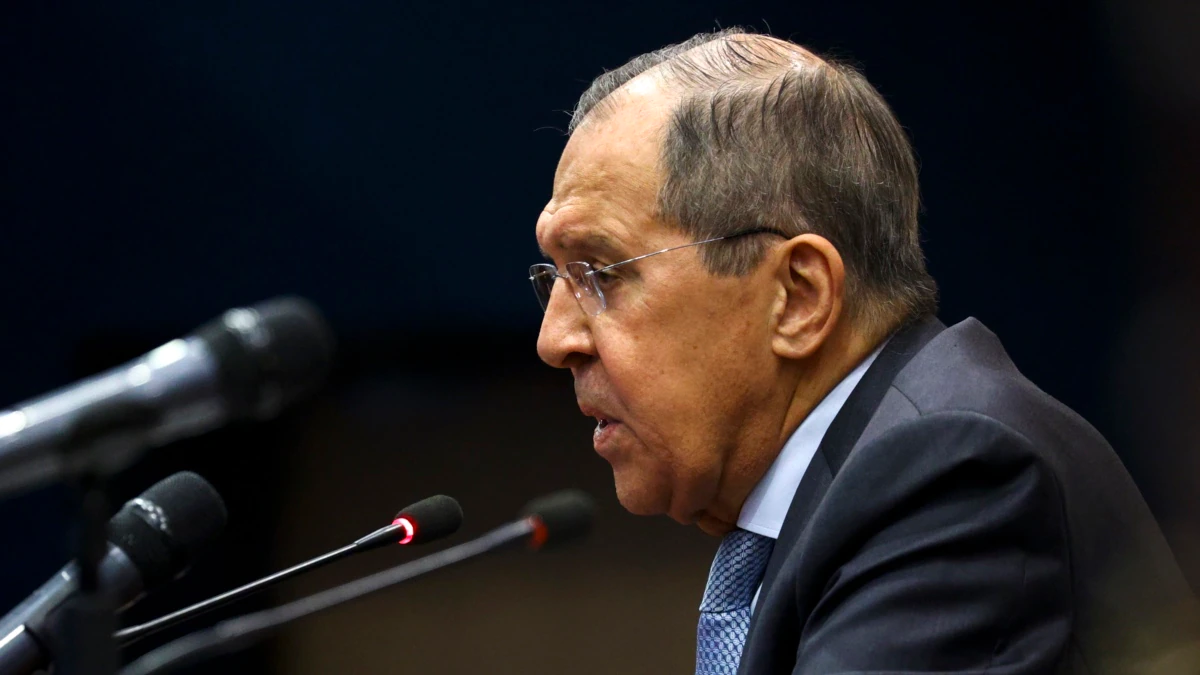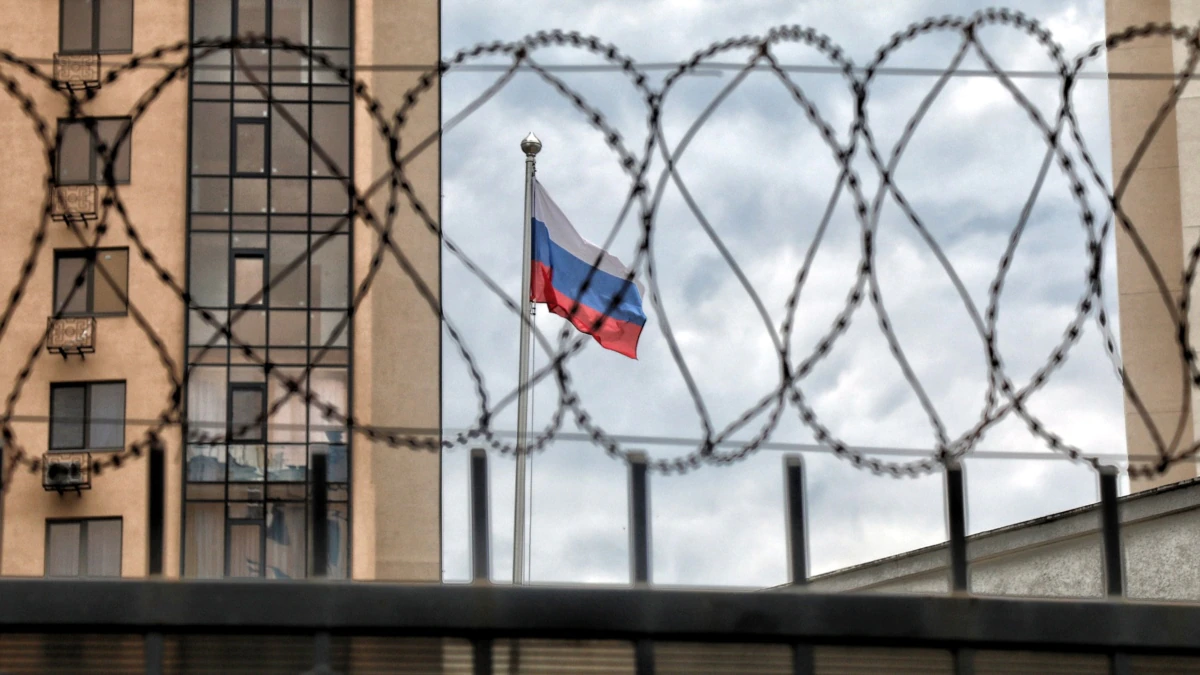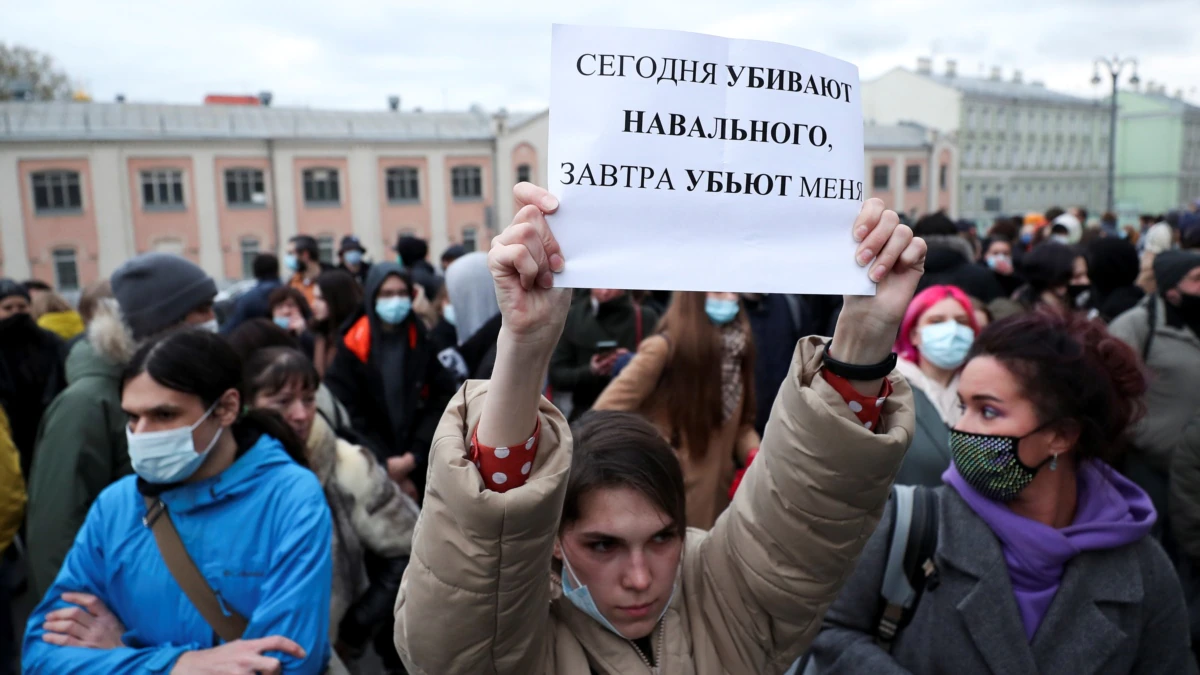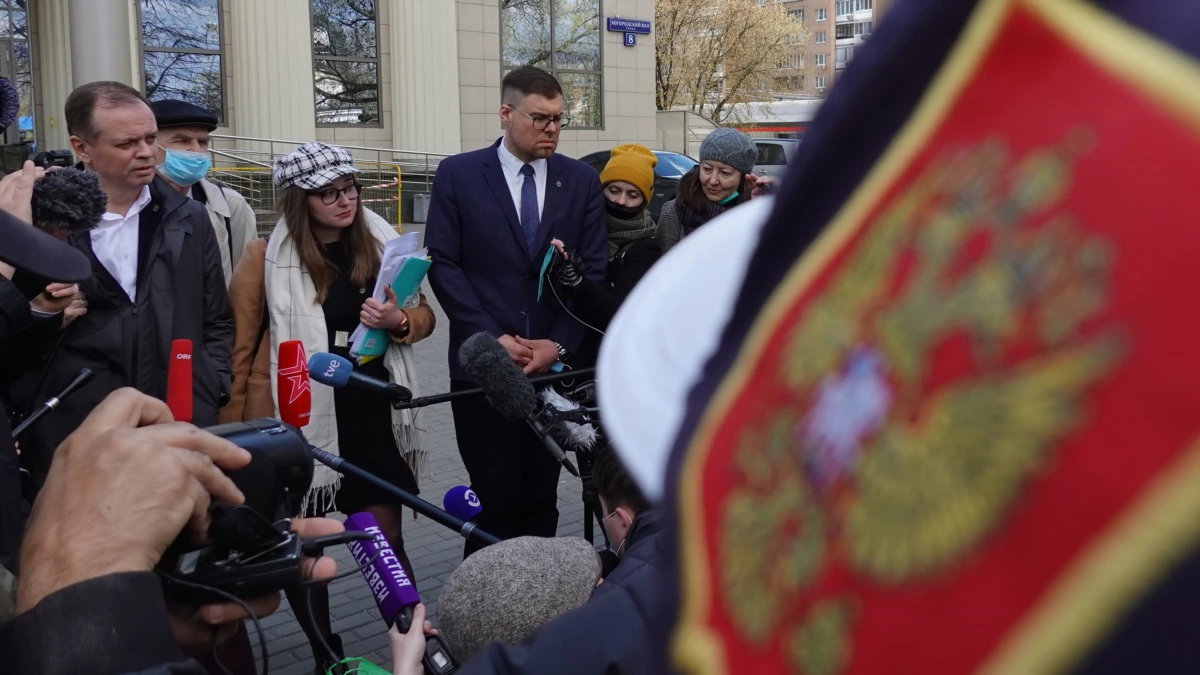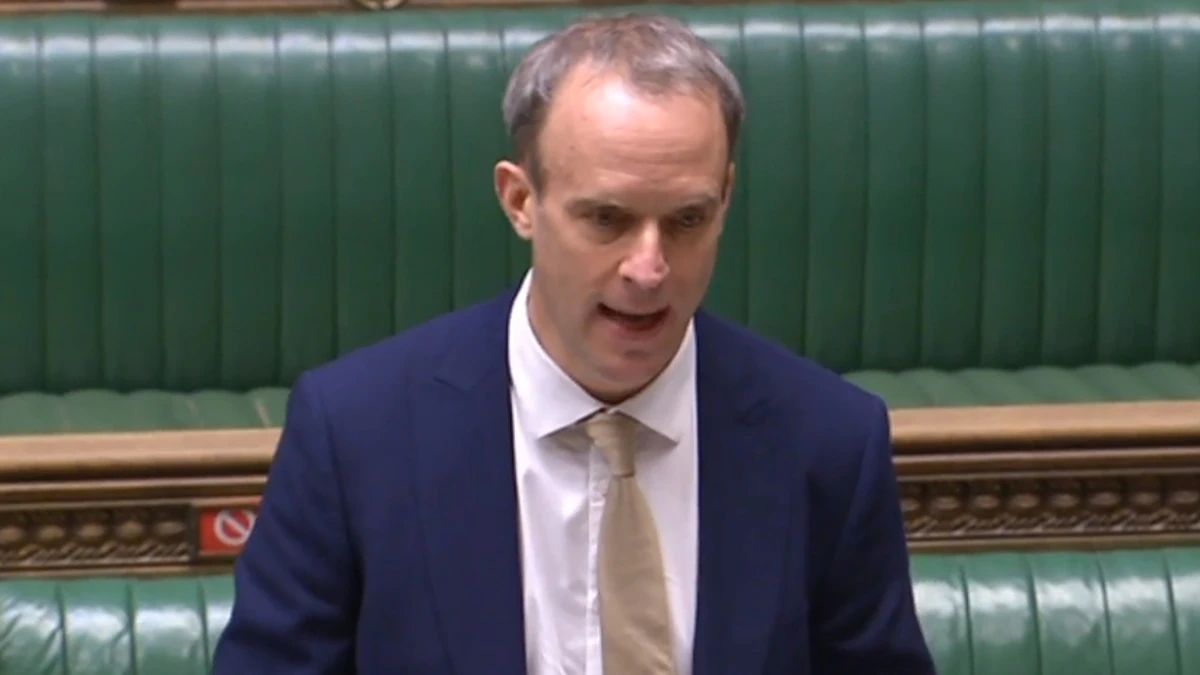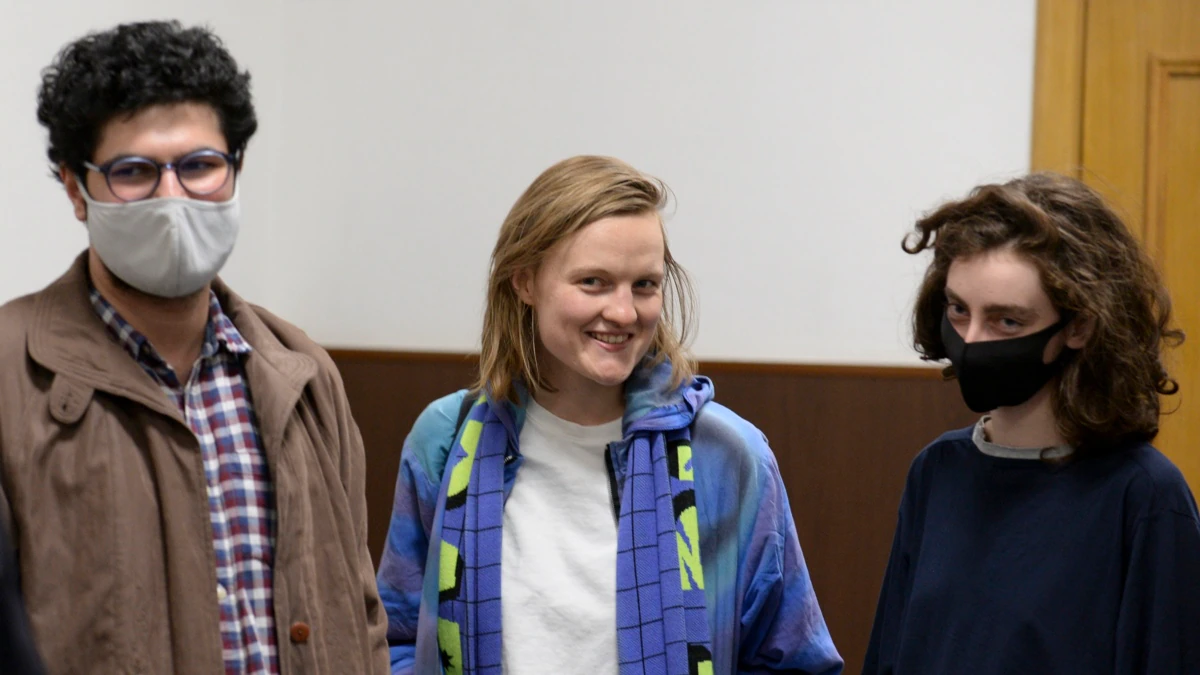 When you are too close to something, someone, you are not the best analyst. Your feelings get in the way. You reveal more about who you are than who or what you love/hate. But you can see better from afar. That sums up Aleksandr Solzhenitsyn, who, despite accurately predicting the collapse of the Soviet Union, and being instrumental in achieving that, was deeply flawed in his understanding of his nemesis, provided really bad advice on how to extricate the huge Eurasian, multinational entity from its many crises, and contributed to the suffering of, in the first place, his beloved Russians. Hardly the most Christian act for the devout soul he claimed to be.
When you are too close to something, someone, you are not the best analyst. Your feelings get in the way. You reveal more about who you are than who or what you love/hate. But you can see better from afar. That sums up Aleksandr Solzhenitsyn, who, despite accurately predicting the collapse of the Soviet Union, and being instrumental in achieving that, was deeply flawed in his understanding of his nemesis, provided really bad advice on how to extricate the huge Eurasian, multinational entity from its many crises, and contributed to the suffering of, in the first place, his beloved Russians. Hardly the most Christian act for the devout soul he claimed to be.
Live not by the lie! is a great sound byte, but lacks any prescription about how to live, and how to get rid of the lies. His prescription was to break up the Soviet federation, keep only the Slavic bits, ethnically cleanse the whole complex web of life, privatize everything (slowly!), keep the safety net, and cut the military budget. That’s more or less what happened, but everyone (except US-Israel) was unhappy with the results. Amazingly, he insisted all the time that he was not interested in politics, that he was ‘above politics’, but, oh yes, politics must be based on morality and don’t forget to destroy communism. Let the reader who expects this book [Gulag] to be a political expose slam its covers shut right now. The lady doth protest too much.
Yes, morality trumps politics. But that is the US liberal rally cry, too. Biden would agree, though US presidents despised Solzhenitsyn, and from Ford (Solzhenitsyn is a goddam horse’s ass), to Reagan (Solzhenitsyn loved him), right up to Bush II, refused to fete him at the White House. And who has a good word for US pious human rights activism? The results of US ‘morality’ in politics has been a disaster. Solzhenitsyn was blind to his own highly politicized life and work, even as he fired off diatribes to the Central Committee, the Writers Union, sundry western media, blinded by intense anticommunism, which did nothing to improve the lot of his people, a biblical figure like Samson, who brought the temple crashing down around, killing one and all.
Solzhenitsyn led a truly remarkable life: humble beginnings, university, war, prison camps, return to Moscow, writer, dissident, Nobel prize, celebrity abroad, triumphal return, the ear of Putin. When I first heard his voice when he hit the world stage in 1974, he was a bete noire for me, expelled in 1974 by the Soviets, celebrated by imperialists, THE angry anticommunist. A dour, unpleasant face, scraggly beard. Women were attracted to his grim, macho, crusader energy, but I suspect he didn’t have any real friends.
Babyboomer truth
The 1970s for my generation were heady days: the liberation (not ‘defeat’) of Vietnam brought a long overdue realism to East-West relations, the flowering of detente. Though the Soviet Union by then did not attract the fervent left-wing enthusiasts of the 1930s-40s, its longstanding policy of peace and disarmament was finally embraced, not only by young people, but even by US politicians! The Soviets had been proven right: imperialism is nasty business, and mercifully the US was in a rare period of remorse, even repentance, for its warlike behavior. Solzhenitsyn would have none of this.
Despite his hysterical soap opera, I ‘caught the bug’ and became a sovietophile, fascinated at the real, live experiment to build a noncapitalist modern society. I learned Russian, studied Russian/ Soviet history, trying to sort the wheat from the chaff. No question, lots of chaff, but lots of nuggets of a better way too. Solzhenitsyn’s Gulag Archipelago was jarring and so full of anticommunist hatred, it felt like, it was a replay of the odious McCarthyism of the 1950s. When he was soon dismissed by everyone as a reactionary crank, I put him aside, wanting to see and judge Soviet reality for myself. I did, and was both disturbed and, despite misgivings, confirmed in my belief that socialism was the way forward, and that the Soviet Union, though flawed, was the key to that future, hardly ‘radiant’ but not a prison full of unhappy slaves. Then Afghanistan, Gorbachev, and — poof! — the Soviet Union was gone. No key. No future. Thatcherism. TINA. The collapse of the left, invasions, wars, arms race ad infinitum.
What went wrong? One of the worst things about the Soviet Union had been its state-imposed atheism. I witnessed the Soviet Union at its most smug, prudish, and at the same time, paranoid in the 1970s. Revolutions were succeeding, mostly, in Africa (Ethiopia, Angola), Asia, but Maoist China and the dissident movement challenged Sovietism. Though economic frustrations were pressing, there was no room for debate about the radical reforms which clearly were needed. Intellectual life required lip-service to orthodoxy. Yes, lies. But what politicians speak the truth?
Roschild-Clausewitz truth
Despite all this evidence, I knew that any positive future for mankind required some kind of socialism. Marx (Solzhenitsyn’s advice to Soviet leaders was to chuck Marx) taught me that. But how to get there? Russia’s revolution ultimately failed. Christianity was already down there with the Russian revolution as a failure, reduced to irrelevance under capitalism. My own journey since then led me to Islam, as much a radical shift as becoming a communist. Unlike Christianity and Judaism (at least in their present form), Islam is still against usury. And reading about the Prophet while in a hospital bed in Tashkent in the 1990s, after ‘the Fall’, showed me a world figure almost for the first time, as our western upbringing, whether Christian or secular, has no room for such a real life revolutionary.
The Judaic prophets, followed by Jesus and Muhammad, and the nineteenth century secular prophet of revolution Marx, rejected usury and interest, as representing ill-gotten gain, with good reason. Marx condemned this mode of extraction of surplus as the highest form of fetishism, based on private property and exploitation of labor. They all rejected this exploitation on a moral basis as unjust, insisting that morality be embedded in the economy, a principle which was abandoned when capitalism took hold. While Judaism and Christianity adapted, Islam did not. (All of this seems to have passed Solzhenitsyn by.)
Interest, and today’s money based on US military might alone, are the root cause of the current world financial crisis; A corollary to Rothschild’s dictum about money and politics (Give me control of a nation’s currency and I’ve got control of its politics), and Clausewitz’s dictum about politics and war (War is the continuation of politics) is: Bankers determines politics in the interest (sic) of waging war. Interest is the primary instrument facilitating (and benefiting from) the wars today in the Middle East and Central Asia, and the world political crisis. QED.
And what stands in the way? However beleaguered? Islam. AND it is under intense pressure, subversion, occupation where necessary, to destroy Islam. Just as the socialist world was, from the get-go, under intense pressure, subversion, occupation where necessary, to destroy any shred of communism. I finally started to read some Solzhenitsyn. (I’m a sucker for Nobel prizes.) Cancer Ward (1965) was thought-provoking, well written, critical but without Solzhenitsyn’s hatred of the system swamping the text. It turns out it was almost published in 1966 in the Soviet Union, but the neoStalinists in the leadership stalled it until Solzhenitsyn gave up and went into high gear with his jeremiad.
Then I struggled through some of Gulag. Solzhenitsyn’s first wife Natalia Reshetovskaya in an interview with Le Figaro in 1974, called Gulag merely a collection of camp folklore, an unscholarly study of a narrow theme blown out of all proportion in West. Solzhenitsyn used facts that supported his preconceived notions. Gulag is very uneven, hardly a text worthy of the highest literary award. I dare anyone to read Gulag‘s three volumes. This Nobel gift is surely the most underread, especially by Russians. It does have merit, but more as the story of how suffering leads to transcendence, belief in God. Solzhenitsyn is a born-again Orthodox Christian and his subsequent work is infused with this spirituality. Gulag was just something Solzhenitsyn had to do before he got on to his real love – Russian history. His August 1914 is up there with Tolstoy’s War and Peace, but was dismissed in the West as ‘medieval rubbish’.
Yes, Stalinism was a blight on humanity. But that one tyrant doesn’t disprove the iron logic of socialism. The things that Hitler did right (full employment, control of the economy and money supply, connection with the land, uniting the nation) are all socialistic. I was more struck by Solzhenitsyn’s transformation in prison, his and other prisoners’ belief that prison is where they felt free-est, that they are grateful for it. Freedom is not ‘more consumption’. On the contrary, it is freedom from things. The key to freedom and happiness is self-restraint. The paradox of the golden rule: liberty points the way to virtue and heroism. Liberty devoid of responsibility is the road to ruin. If we shirk responsibility, evil triumphs. Great message, but Solzhenitsyn is now remembered, if at all, as the dour Gulag guy. Without the hope.
Could i keep it up? The day when I deliberately let myself sink to the bottom and felt it firm under my feet–the hard, rocky bottom which is the same for all–was the beginning of the most important years in my life, which put the finishing touches to my character. Life is more than just the physical day-to-day reality. Our relationships take place on a different level too. The fortunate few are graced with this kind of insight.
Suddenly, the reactionary crank who shouted ‘live not by the lie!’ until the Soviet walls came tumblin’ down, loathed and despised by both communists and capitalists, was making sense. His message of spirituality and hope is universal.
Default to truth
Truth sayers are never popular, and are usually unpleasant people. Harry Markopolos, the man who exposed Madoff, is a classic example. A ‘quant guy’, only numbers, so as not to make a ‘Neville Chamberlain mistake’. He had solid proof of the financial theft going on, but was dismissed as a crank until Madoff had, well, ‘made off’ with millions, and the whole banking system collapsed in 2008. All his efforts had little effect and no one remembers him. Unlike Markopolos, Solzhenitsyn had the trump card of anticommunism that allowed this unpleasant truth teller his (brief) moment of fame in the West.
We have an inner program in our make-up to default to truth.You give the benefit of the doubt, often accepting lies in the interest of social harmony, the compassion gene. A survival mechanism. People are excellent judges of who is telling the truth (90% of the time). Only 10% of the time do we mistakenly accuse someone of lying. Solzhenitsyn came to believe that everything was a lie in the Soviet Union, that citizens were too stupid or brainwashed to see that. One of those 10%.
Solzhenitsyn is the classic truth sayer. But his truth was flawed. He was even sued (successfully) for libel in 1983 for implying that a notorious American publisher of smut, Alexander Flegon, had KGB connections. He was fixated on destroying the Soviet system, to replace it with what? a theocracy? Certainly not western consumerism. The result of his Reagan-like anticommunism, the collapse of the Soviet Union, was worse than he imagined it would be, and led to the ‘third time of troubles’ 1985-2000 (no 1 in 1600, no 2 in 1917). Mr Truthie whined, went home in the aftermath, was politely ignored, then became a grudging fan of Putin. So Solzhenitsyn and I came to the same view, but mine from a Marxist perspective, which according to Solzhenitsyn is evil and wrong.
Solzhenitsyn’s rapid eclipse in post-Soviet Russia suggests that Russians were/are quite capable of seeing the great lie that lay at the root of his great ‘Truth’: communism was not all bad and was superior to the West in many ways. 60% of Russia believe that 30 years after its collapse. Solzhenitsyn became a comical figure in Moscow — a sort of The End Is Nigh, sandwich-board old man with feet of clay.
Enlightenment truths
Solzhenitsyn was right about the real problem being the Enlightenment, ‘materialism’ and godlessness. Yes, communism was/is the logical end of the Enlightenment game. Get rid of the exploiters and we all live happily ever after (or, for Solzhenitsyn, as prisoners in a living hell). And it’s wrong to divorce morality from political, to dismiss categories of Good and Evil from our discourse. There are fundamental truths. My Rothschild-Clausewitz clincher in the first place.
But his understanding of Marx must have been from rigid Stalinist textbooks, because Marx’s ‘materialism’ is an indictment of capitalism, a freeing of humanity from material cares, needs. And that’s precisely what Solzhenitsyn is after too. Solzhenitsyn was a communist true believer but a bad Marxist. His prescription from his retreat in Vermont was ‘defeat the godless communists’. No room for detente, no tolerance for the Evil Empire. Ironically, Reagan was talked out of any special meeting with Solzhenitsyn at the White House by Kissinger, despite Solzhenitsyn’s approval of Reagan. (By then, Solzhenitsyn’s fervent Orthodox Christianity was an embarrassment to everyone, including evangelical Bush II.)
So the Soviet critique — that Solzhenitsyn was a dupe of the imperialists — was more or less true, as Solzhenitsyn had no use for imperialism of any kind and yet relied on the imperialists to destroy communism. He loathed communism and approved of capitalism. Solzhenitsyn was wrong about communism = evil, but not about his broader critique of the Enlightenment.
Islamic truths
Solzhenitsyn gave no thought to Islam, even though it was clear to all that a genuine theocracy, Solzhenitsyn’s implied ‘good society’, came about on the Soviet Union’s southern border, even as the faux communist utopias (both the Soviet Union and Afghanistan) were disintegrating. Shia Iran pretty much fills Solzhenitsyn’s checklist. Though persecuted, Iran was distant enough and with a strong enough culture to resist the capitalist trap, and its 1979 revolution was overwhelmingly popular, unlike the mini-revolution in Afghanistan in 1978, which was really more a palace coup.
On the contrary, Solzhenitsyn was recommending that the Soviet government abandon its Muslim republics and unite only the ‘good’ Slavs. No room for Islam in Solzhenitsyn’s god’s earthly kingdom. The most Solzhenitsyn did was to taunt the West after 9/11, describing radical Islam as an understandable reaction to western secularism and inequalities of wealth. But by then no one was listening.
Contrast this with Iran at the time, where the revolution reached out to likeminded (i.e., anti-imperialist) nations, including the Soviet Union. In 1988, just a year and a half before he died, Ayatollah Khomeini reached out to Soviet President Mikhail Gorbachev, in a gesture of anti-imperialist solidarity. This was at a time of war against Iraq and continued subversion of Iran by the US and Israel. The Soviet Union was the first nation to recognize the new Islamic government in 1979, but Khomeini ruled that close relations with atheist Soviet Union were not Islamic, and then the Soviet Union sold arms to both Iraq and Iran during the 1980s Iraq-Iran war, as if to prove his point. But as religion became acceptable in Gorbachev’s perestroika, Khomeini sent Gorbachev his only written message to a foreign leader. An Iranian delegation to Moscow brought a sincere offer of support to the faltering Soviet leader. The Ayatollah warned him not to trust the West, which should have been crystal, crystal to Gorbachev, as the last Soviet troops were retreating in a hail of US-made bullets, as Afghan basmachi (the Soviets’ term for 1920s mujahideen) were downing Soviet helicopters with Reagan’s gift of Stinger missiles. Khomeini: “If you hope, at this juncture, to cut the economic Gordian knots of socialism and communism by appealing to the center of western capitalism, you will, far from remedying any ill of your society, commit a mistake which those to come will have to erase.” Gorbachev dismissed the offer as interfering with Soviet internal affairs.
What was Solzhenitsyn doing then? He was exhorting Reagan to kill as many commies as possible. So who is the religious leader genuinely committed to peace? Solzhenitsyn had fewer illusions about the West at this point, but his illusions about socialism/ communism were alive and well. He was soon bemoaning the post-Soviet oligarchy, but his tears were crocodile tears. Meanwhile, Russia and Iran are already playing key roles in establishing a new anti-imperialist reality, building on the first step taken by Ayatollah Khomeini in 1988. The world’s problems will only be solved based on a new geopolitical reality with Russia and Iran at its heart, the kernel of truth in the Ayatollah’s historic gesture in 1988. No thanks to ‘apolitical’ Solzhenitsyn.
Solzhenitsyn was wrong about socialism, wrong about nonSlavs and non-Christians, but right about the godless West, and the need for morality to be the foundation of our economics, politics, art. His writings are ‘true’ only if you believe that (and if you ignore his anticommunism). The West couldn’t abide Solzhenitsyn’s fire-and-brimstone Orthodox Christianity, his denunciation of western society’s decadent materialism (though it loved his anticommunism). The West can’t abide Iran’s fire-and-brimstone Islam, its denunciation of western society’s decadent materialism, and, what’s worse, its enmity with US-Israel. Which, to remind the reader, was the basis of Soviet foreign policy, which was why it had to be destroyed. And just like communism, Islamic resistance to imperialism must be destroyed. Solzhenitsyn’s vision was of a religious leadership of society. But Solzhenitsyn is no perennialist. It’s my (Slavic Orthodox) road or no road.
Solzhenitsyn denounced the West for its immorality and said we must return to a truly Christian society. Everyone laughed at him. Couldn’t he see that the West was godless? But the current crises are making it clearer every day that Solzhenitsyn was right about a moral foundation for our society. And it is Iran that is an important experiment in building a new world order with spirituality at its core, much like the secular Soviet Union was in its day, but minus God. Both have a wealth of experience to share. They were/are not the ‘enemy’. We are our own worst enemy, and we must repent and atone for our sins. Amen.
Is Iran’s Islamic revolution of 1979 more robust than Russia’s 1917? Is it perhaps the logical end of the Enlightenment journey from capitalism to communism? That nagging suspicion of mine about legislating atheism being, well, wrong suggests to me that Iran has a fighting chance. That is if US-Israel don’t succeed in destroying it first. As for Solzhenitsyn’s hope for a Christian moral Russia, that’s at least as iffy. By the late 1980s, Christianity was restored and Russians flocked to churches to be baptized. But interest soon waned. Since 2017, atheists have gone from from 7% to 14% of the population. Is it the fault of Soviet godlessness or just the same drift to godlessness everywhere (except the Muslim world)? After an initial flurry of baptizing in the 1990s, Orthodoxy never really caught on. But both nationalism and Islam are alive and well in Russia.
My biggest gripe with Solzhenitsyn is the way he interprets Truth as a thing, an end, that a Word can vanquish Evil. No! Truth is the process of bring thought, action into harmony with the divine will (Stoicism), the dialectic of history (Marxism). There are moral values underlying our actions, and if the actions are in harmony with God, with the world, that correspondence will be true. But Solzhenitsyn’s equating the Soviet Union with Evil, and (once he had experienced it) the West too, and then the new Russia, suggests the flaw, the great lie, in his thinking. In his Nobel prize speech, Solzhenitsyn whines about solipsistic writers, exhorting writers to imitate in microcosm the original creator’s making of the real world, to sense more keenly the harmony of world, the beauty and ugliness of man’s role in it, to communicate this to mankind. Great stuff, but he’s hoisted on his own (anticommunist) petard. His rueful attitude to post-Soviet Russia suggests his truth was conditional, subjective, after all. Where is God’s will in post-Soviet reality, Russian or the West? His fetishizing the old (Russian, of course) saw: ‘One word of truth shall outweigh the whole world’, my foot. How about ‘5 chess moves ahead well analyzed’, ‘don’t shake the boat’, ‘a stitch in time’?
Peasant truth
Solzhenitsyn was a master of media manipulation. He delayed his return to Russia until 1994 and then came via Alaska to Magadan, considered the capital of the gulag, as a member of the zek nation-within-a-nation. He kissed the ground and intoned: “Under ancient Christian tradition, the land where innocent victims are buried becomes holy ground. The need for purification comes from repentance for both individual and national transgressions of the Soviet era.” Then by train, with lots of pit stops along the way, the BBC in tow.
But he was given a dose of his own truthiness at one Siberian stop by a babushka: “It is you and your writing that started it all and brought our country to the verge of collapse and devastation. Russia doesn’t need you. So go back to your blessed America.”
Unfazed, Solzhenitsyn shot back: “To my dying day I will keep fighting against the evil ideology that was capable of slaying a third of my country.” Solzhenitsyn saw — with horror — that communism has remained in our hearts, in our souls and in our minds. But Russians complicit in Soviet ‘evils’ (i.e., everyone) resent this self-righteous jeremiad.
Heritage Foundation’s Ariel Cohen strips Solzhenitsyn’s vision bare: “This revived orthodox world view makes Russia closer to China and the Muslim world. The Polish pope was shunned, but the ayatollahs, Hamas and even Chinese Godless Communists are embraced. Catholicism and Protestantism are declared alien, while Islam is hailed as an ‘authentic’ religion of Russia.”
There are bits of truth in both these thrusts, and self-serving lies. Use your own judgment of who’s really telling the truth.
And compare Solzhenitsyn’s fate with Vaclav Havel, whose life had a similar trajectory as writer, dissident and underminer of socialism, and who became figurehead president of a Disneyland NATO satrap. In contrast, and to his credit, Solzhenitsyn refused such token public political plums (he refused Yeltsin’s offer of the Order of St Andrew from a state authority that had brought Russia to its present state of ruin) and predicted: “If we look far into the future, one can see a time in the 21st century when both Europe and the US will be in dire need of Russia as an ally.”
My truth — thinking 5 chess moves ahead to try to align with the universal moral truth – tells me he’s finally got it right.
This article was posted on Tuesday, April 27th, 2021 at 7:46pm and is filed under Capitalism, Christianity, Communism/Marxism/Maoism, History, Islam, Judaism, Russia, Socialism, The Soviet Union.
This post was originally published on Radio Free.

